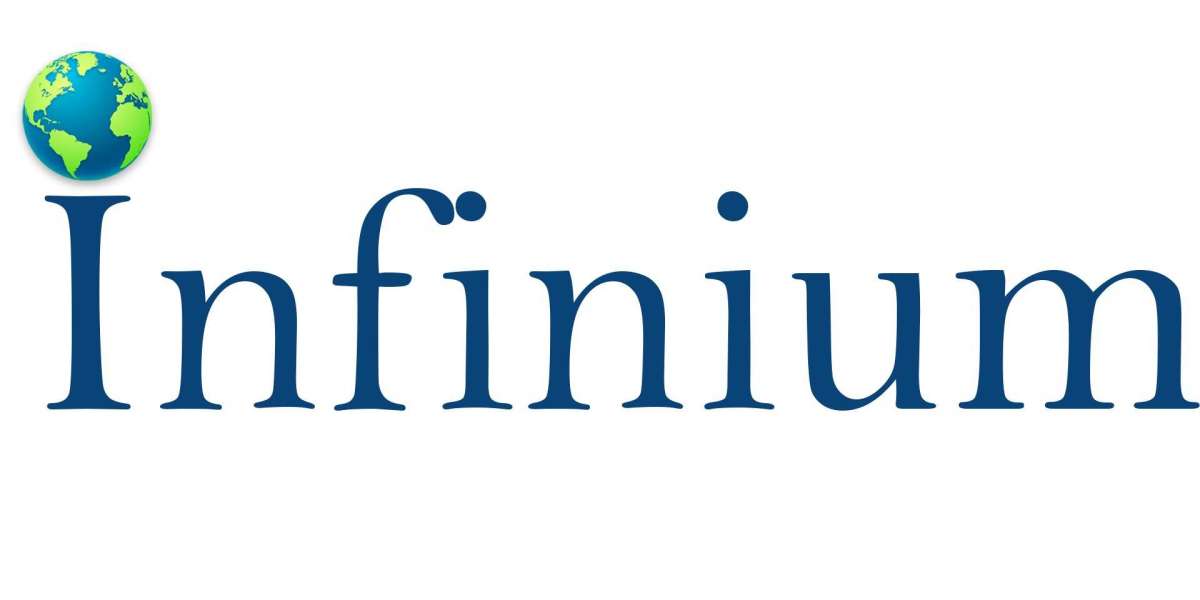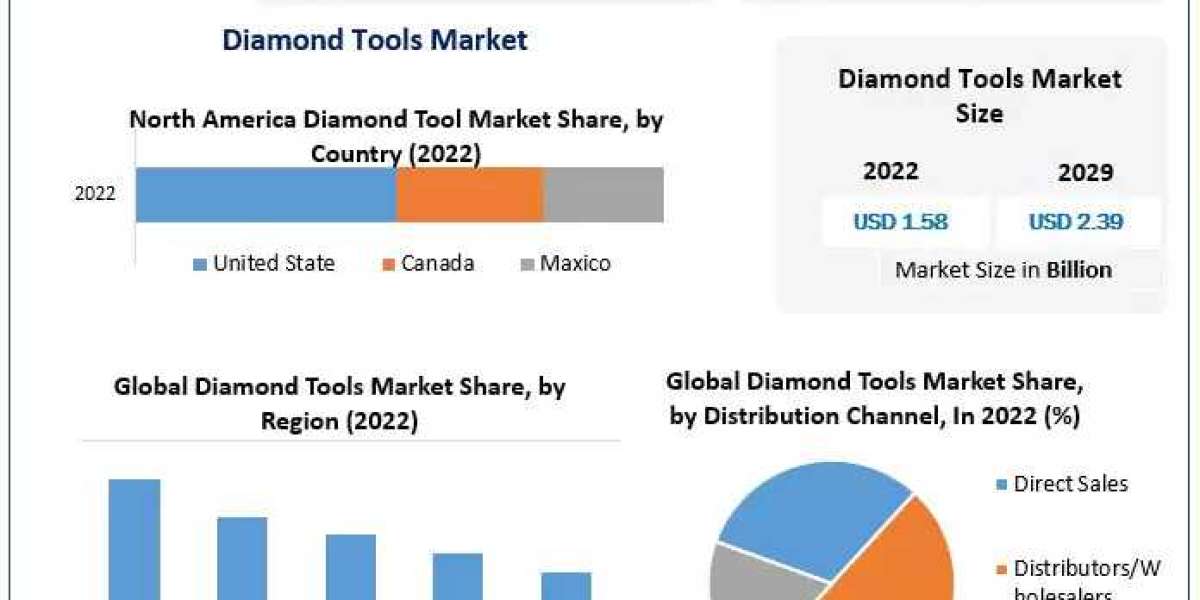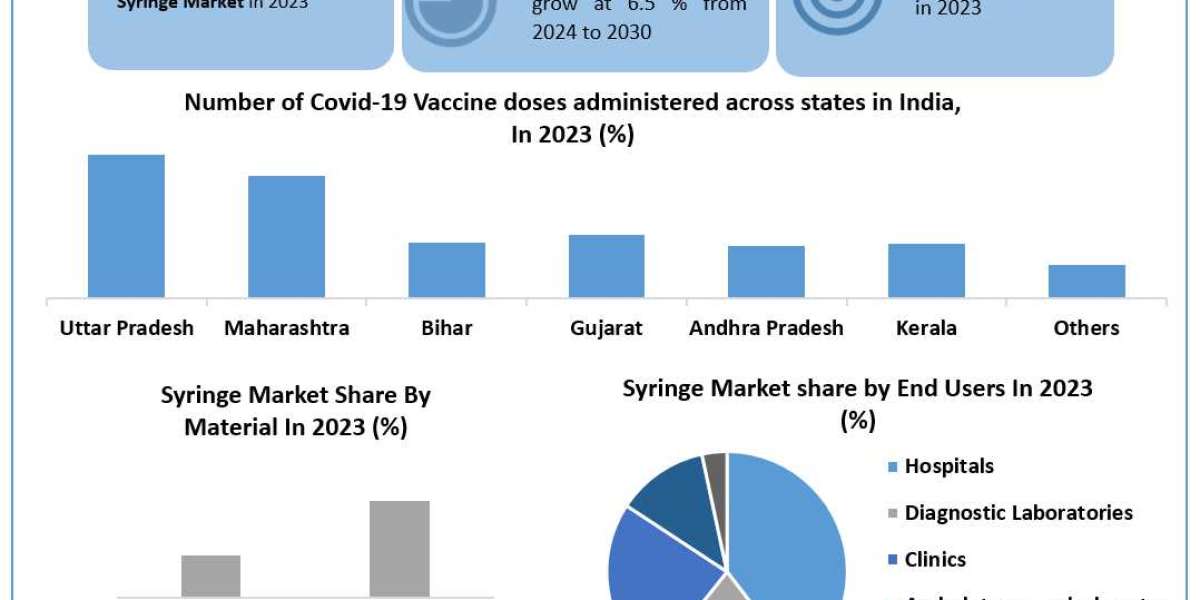Market Dynamics
- Rising Popularity of Online Platforms: The online dating services market continues to expand rapidly as more individuals turn to digital platforms to meet potential partners, driven by convenience and accessibility.
- Technological Advancements: Innovations in AI algorithms and machine learning are revolutionizing matchmaking capabilities, offering personalized recommendations and improving user experience.
- Shift Towards Mobile Applications: Increasing smartphone penetration and mobile app usage are major drivers, allowing users to connect on-the-go, influencing the market's growth trajectory.
- Diverse Demographic Participation: Online dating services are attracting a broader demographic range, including older adults and niche communities, diversifying user bases and expanding market opportunities.
- Monetization Strategies: Subscription models, in-app purchases, and advertising are key revenue streams for service providers, with a trend towards premium features and exclusive memberships driving profitability.
Regional analysis
- EuropeEurope holds a significant share in the online dating services market, with countries like the UK, Germany, and France leading in user engagement. Increasing acceptance of online dating among older demographics and a growing preference for niche dating platforms contribute to market growth. Regulatory frameworks ensure data privacy, influencing consumer trust and platform reliability.
- Asia PacificAsia Pacific represents a burgeoning market for online dating services, propelled by rapid urbanization, increasing smartphone penetration, and shifting social norms. Countries like China, India, and Japan witness a surge in online dating app usage among urban youth. Localized platforms catering to cultural preferences and regional languages gain popularity, fostering market expansion.
- Latin AmericaLatin America experiences steady growth in the online dating services market, supported by rising internet access and smartphone adoption rates. Brazil and Mexico lead in user engagement, driven by a young population seeking meaningful connections online. Platform localization, including language preferences and cultural nuances, enhances user experience and market penetration.
Sample pages of Report: https://www.infiniumglobalresearch.com/reports/sample-request/26512
Market Segmentation
- Demographic Segmentation:
Age Groups: Segmentation based on age ranges, targeting millennials, Gen Z, and older demographics.
Gender: Different services catering specifically to male, female, and LGBTQ+ audiences.
Income Level: Segmentation based on disposable income, offering premium services versus free options.
- Psychographic Segmentation:
Lifestyle Preferences: Tailoring services for casual dating, serious relationships, or niche interests (e.g., religious affiliations).
Personality Traits: Matching algorithms based on personality assessments and compatibility tests.
Technological Adoption: Segmentation based on tech-savviness and preference for mobile apps versus desktop platforms.
- Behavioral Segmentation:
Usage Behavior: Frequency of app usage, time spent per session, and engagement metrics.
Purchase Behavior: Subscription models, in-app purchases, and premium feature adoption.
Retention Strategies: Segmenting users based on churn rates and engagement patterns to optimize retention strategies.
- Technographic Segmentation:
Device Usage: Segmenting users based on devices (smartphones, tablets, PCs) to optimize user experience.
Platform Preferences: Differentiating services based on preferences for iOS, Android, or web-based platforms.
Technological Affinity: Segmenting based on interest in new technologies, such as augmented reality (AR) features or video dating.
Competitive Landscape
Established Leaders:
- Match Group: A pioneer in online dating, owning popular platforms like Tinder, Match.com, and OkCupid. Its extensive user base and robust matchmaking algorithms maintain its market leadership.
- Bumble: Known for its unique approach empowering women to make the first move, Bumble has carved out a significant market share, appealing to a younger demographic.
- eHarmony: Focused on long-term relationships, eHarmony uses a compatibility matching system, attracting users seeking serious commitments.
Emerging Challengers:
- Hinge
- Coffee Meets Bagel
- The League
Niche Players and Innovators:
- Grindr: Catering primarily to the LGBTQ+ community, Grindr remains a prominent platform for gay, bisexual, and transgender individuals.
- Her: Exclusively for queer women, Her provides a safe space for meaningful connections and community building.
- Zoosk: Integrates social media with dating, allowing users to connect beyond traditional dating profiles.
Market Trends and Predictions:
- Technological Integration: AI and machine learning are increasingly used to improve matchmaking algorithms and enhance user experiences.
- Safety and Security: Heightened focus on user safety, including identity verification and moderation of inappropriate behavior.
- Mobile Dominance: Shift towards mobile platforms continues, with apps offering seamless user experiences and location-based matching.
- Virtual Dating: Post-pandemic, virtual dating features like video calls and virtual events are likely to remain popular, offering convenience and safety.
Report Overview : https://www.infiniumglobalresearch.com/reports/global-online-dating-services-market
Future outlook
In the ever-evolving landscape of online dating services, the future promises a continuation of transformative trends and innovations. As technology advances and societal norms shift, the online dating market is poised for significant growth and diversification.Looking ahead, personalized matchmaking algorithms will likely become more sophisticated, enhancing user experiences by offering more accurate matches based on comprehensive data analysis. This trend not only improves success rates but also increases user satisfaction, fostering long-term engagement with platforms.
Conclusion
The report offers comprehensive insights into demand forecasts, market trends, and both micro and macro indicators. It also examines factors driving and inhibiting market growth. Additionally, the IGR-Growth Matrix analysis identifies investment opportunities for both current and new market players. Analytical tools such as Porter's five forces analysis and DRO analysis are used to provide deeper insights into the online dating services market. The study includes current market trends and forecasts from 2020 to 2026, along with anticipated future trends that will influence market demand. Competitive analysis across regional markets sheds light on the market share of key players.



